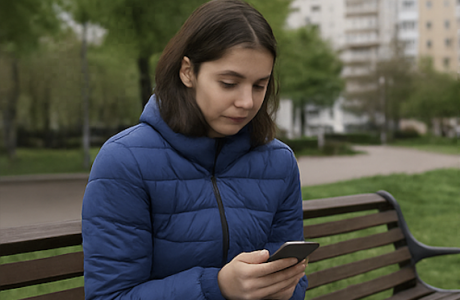Policy positions
Policy position 1
Citizen science should be a central part of public health research and policymaking. Citizen-generated data is as valuable as institutional data when properly supported.
Policy position 2
Citizen science can strengthen health research, but only when clear standards and ethical safeguards are in place for data quality, privacy, and inclusion.
Policy position 3
Citizen science is useful for awareness and education, but its data should remain separate from formal health research and policy decisions.
Policy position 4
Health data collection should remain strictly within professional research institutions. Citizen participation risks misinformation, privacy violations, and unreliable results.



